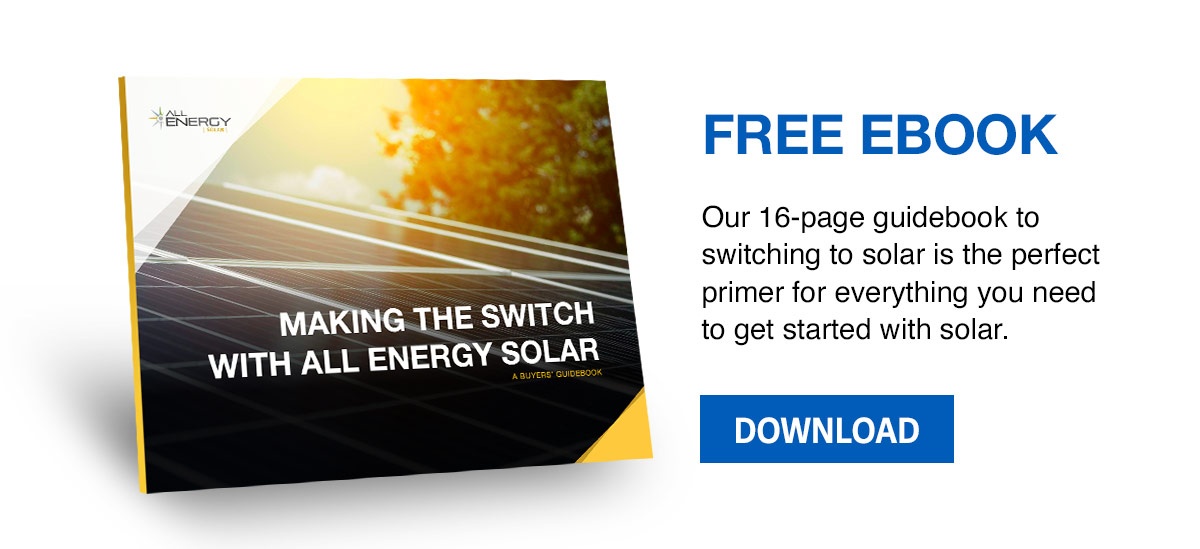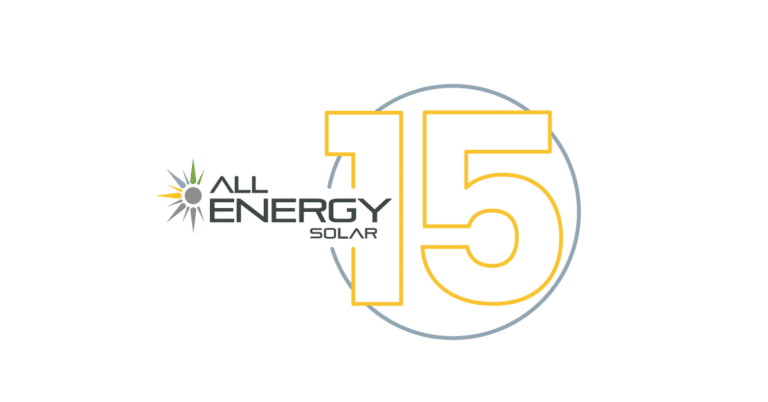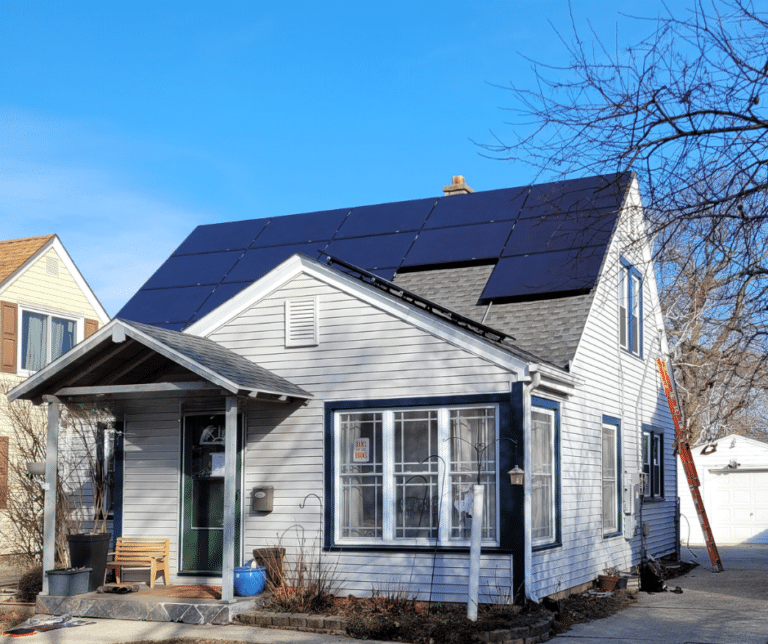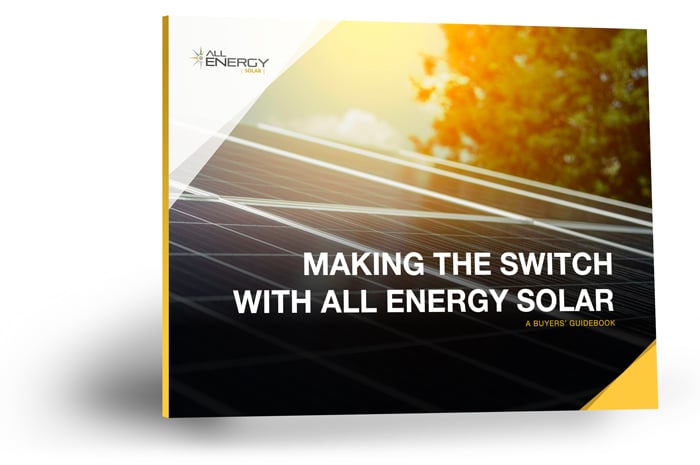“How big should the size of my system be?” is one of the many questions that most people have when considering solar. Here are a few factors that can help you answer that question. 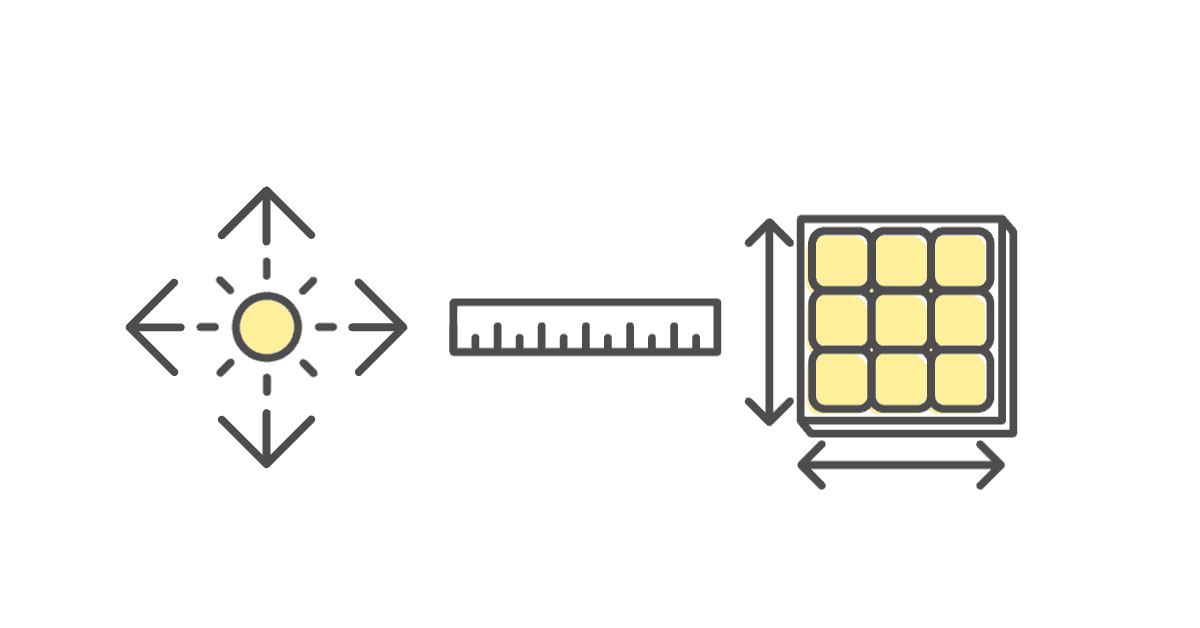 Size your system to meet your needs
Size your system to meet your needs
It’s common industry practice to install enough panels to cover 100 percent of your current electricity needs. In order to do this your solar installer will need to see a year’s worth of your previous utility bills to calculate your monthly and annual average.
Should I significantly oversize my system?
For most homes or businesses, significantly oversizing your system to exceed your needs typically doesn’t make sense as it’ll likely not result in additional savings. Contrary to what many people believe, the majority of utility companies will not pay out additional net metering credits for solar system production that exceeds your needs by more than 120 percent. However, there are a few exceptions. If you plan to add to or make additions to your home or business that will significantly increase your electric demands (e.g., a swimming pool, added square footage, new machinery, or an electric vehicle) you’ll want to make sure your solar installer is aware of this so they can size your system to account for the added demand. Additionally, if you’re on a grid-tied system, but plan to add a battery backup, you’ll want to account for proper battery storage capacity size.
Production potential or installation costs
When working with a qualified and experienced solar installer, they should conduct an assessment of your site to determine your property’s solar potential. Using software that can run simulations to determine each panel’s potential annual production will help them to determine the number and location of the panels. This is crucial in helping you ensure you’re not installing unnecessary or inefficient panels.
Installation costs
The size of your system will obviously impact the cost of your installation. When considering solar PV systems, you’ll want to take into consideration the cost of your installation including any and all tax credits, rebates or incentives that may be available for qualifying systems.
Contact an All Energy Solar representative to learn more about installing a properly sized solar system on your home or business.
